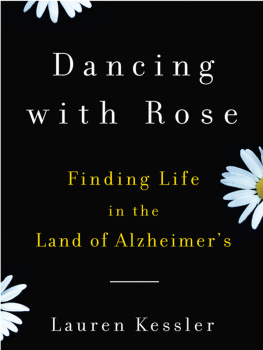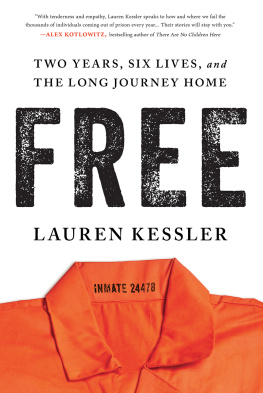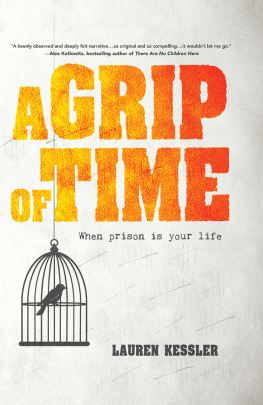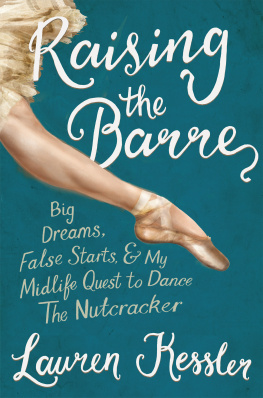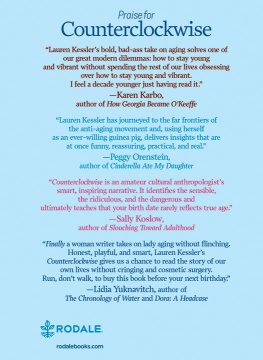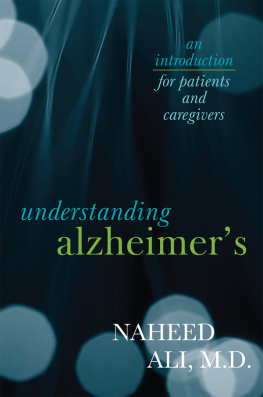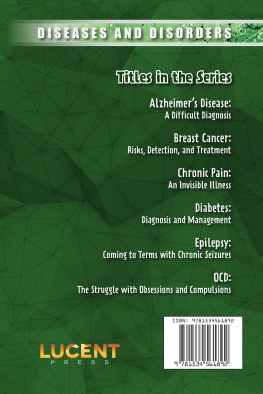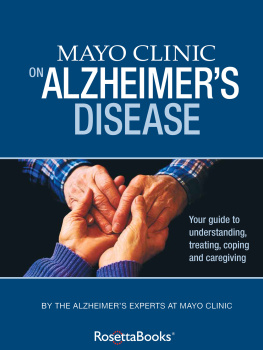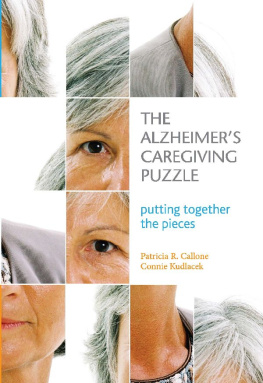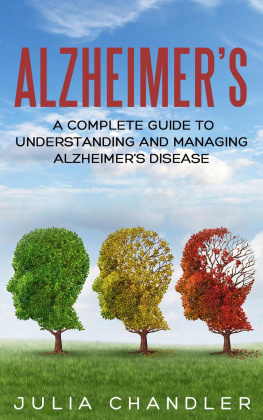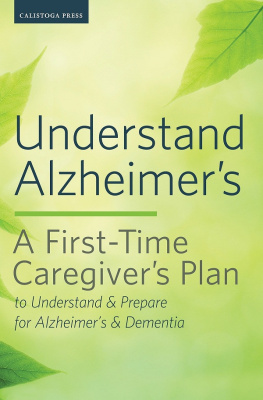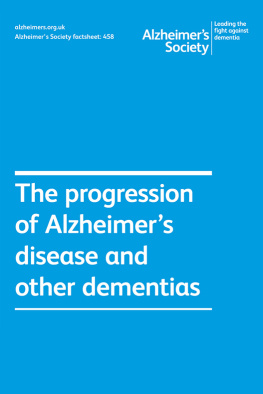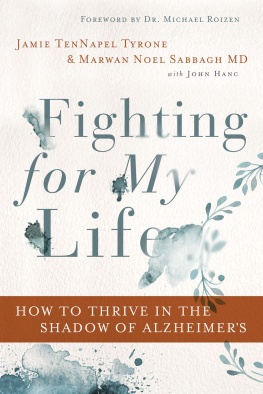DANCING with ROSE
Finding Life in the Land of Alzheimers
LAUREN KESSLER
Viking
VIKING
Published by the Penguin Group
Penguin Group (USA) Inc., 375 Hudson Street, New York, New York 10014, U.S.A. Penguin Group (Canada), 90 Eglinton Avenue East, Suite 700, Toronto, Ontario, Canada M4P 2Y3 (a division of Pearson Penguin Canada Inc.) Penguin Books Ltd, 80 Strand, London WC2R 0RL, England Penguin Ireland, 25 St. Stephens Green, Dublin 2, Ireland (a division of Penguin Books Ltd) Penguin Books Australia Ltd, 250 Camberwell Road, Camberwell, Victoria 3124, Australia (a division of Pearson Australia Group Pty Ltd) Penguin Books India Pvt Ltd, 11 Community Centre, Panchsheel Park, New Delhi110 017, India Penguin Group (NZ), 67 Apollo Drive, Mairangi Bay, Auckland 1311, New Zealand (a division of Pearson New Zealand Ltd) Penguin Books (South Africa) (Pty) Ltd, 24 Sturdee Avenue, Rosebank, Johannesburg 2196, South Africa
Penguin Books Ltd, Registered Offices: 80 Strand, London WC2R 0RL, England
First published in 2007 by Viking Penguin, a member of Penguin Group (USA) Inc.
Copyright Lauren Kessler, 2007
All rights reserved
LIBRARY OF CONGRESS CATALOGING IN PUBLICATION DATA
Kessler, Lauren.
Dancing with Rose : finding life in the land of Alzheimers / Lauren Kessler.
p. cm.
ISBN: 978-1-1012-1546-3
1. Kessler, Lauren. 2. Alzheimers diseasePatientsCare. 3. Caregivers. I. Title.
RC523.K47 2007
362.196'831dc22 2006035699
Without limiting the rights under copyright reserved above, no part of this publication may be reproduced, stored in or introduced into a retrieval system, or transmitted, in any form or by any means (electronic, mechanical, photocopying, recording or otherwise), without the prior written permission of both the copyright owner and the above publisher of this book.
The scanning, uploading, and distribution of this book via the Internet or via any other means without the permission of the publisher is illegal and punishable by law. Please purchase only authorized electronic editions and do not participate in or encourage electronic piracy of copyrightable materials. Your support of the authors rights is appreciated.
for
Marguerite Lillian
and
Sidney NMI
This is the true wine of astonishment:
We are not
Over
When we think We are.
Alice Walker
Authors Note
T his is a work of nonfiction. Maplewood is a real place, but that is not its real name. The people in this bookthe residents of Maplewood, their families, the institutional caregivers, and the administratorsare real people. Ive changed some of the names to ensure privacy, but in only one small instance (a hometown) have I knowingly changed any facts or details about their lives. The events and incidents chronicled in the book happened. Those few I did not directly witness I reconstructed based on interviews with those who were present. All of the conversations recorded in the book took place. I heard them (and participated in many of them) and wrote them down in my reporters notebook at the time or soon thereafter.
Any liberties I have taken are liberties not of fact but of interpretation. I saw this place, these people, these events through my own eyes and filtered them, as all nonfiction writers do, through my own sensibilities. I mean to tell truths both factual and emotional.
T o apply for this entry-level, minimum-wage job I have to fill out thirty-two pages of forms, including a Criminal History Request, a Substance Abuse Control and Management Policy form, a Nondiscrimination and Harassment Policy Statement, a Work-place Violence Statement (no weapons, no stalking, no hostile behavior), a Department of Justice Employment Eligibility Verification form, a Tuberculin Screening Program form, a hepatitis B vaccine form, two IRS forms, an Employee Input Worksheet and, oh yes, a job application. I also have to pee in a jar, assuring my future employers that on this day, August 5, 2004, I did not have cocaine, methamphetamine, morphine, PCP, or THC in my system. On the application there is no space to list my advanced degreesand no reason to list them. I dont need even a high school diploma to qualify for this job.
There is, however, a space for special skills. I think hard about this: Archival research? Pilates? Italian cooking? I dont think thats what they mean. But surely there is something I know how to do that qualifies me for this job as an RA (Resident Assistant) at Maplewood. Maplewood is a place for people with Alzheimers; its RAs are the unskilled, hands-on caregivers who do all the dirty work. I could put down that my mother had Alzheimers, but Im afraid that my special skill there was denial. I did feed her sometimes when I visited the care facility she lived in near the end of her life, and sometimes I brushed her teeth. I write down personal care in the space provided.
It doesnt really matter. I have the job regardless of what I write on the application. I am just going through the motions to make it official. Ive worked it all out with the administrator of the facility. She knows me, as does the entire staff, because I have been visiting this place on and off for months, observing the women and men who live here. I was working on a magazine story, and I was, I thought, working on myself. Eight years ago I had faced my mothers illness and my mothers death with a combination of fear and detachment, with emotions shut down and, I felt, lessons unlearned. Although I had managed not to learn much, I knew I should have learned something, that the higher function of a big, awful event like this is supposed to be at least instructive if not life altering. And so, writer that I was, I had decided to write about Alzheimers. I was going to force myself to confront what Id been too scared to confront earlier, when the disease had been up close and personal. I was going to buckle down and learn all manner of important life lessons. I was going to make up for being a lousy daughter. This Alzheimers magazine story was to be redemptive.
So I spent time in the trenches observing other peoples mothers, and I wrote about it. I peeled away maybe a layer or two, but I didnt feel much wiser. I had reached an impasse, and I thought I knew why. It was the distance I was keeping, the shield I was holding in front of myself to deflect the really tough stuff. It was my detached position as observer and writer. If I was to come to terms with this disease that took my mothers life, if I was to learn whatever it was I needed to learn, I had to stop hiding behind my reporters notebook and get inside the world of Alzheimers. And so, with the knowledge and permission of the staffthis was no undercover operationI decided to hire on at Maplewood. I would immerse myself fully and completely in the daily lives of those with this disease. I would take care of other peoples mothers the way strangers had taken care of my mother.
I thought I knew what I was facing. I had read the medical reports, with their chronicles of unstoppable brain plaques, impenetrable neural tangles, and shrunken cerebral cortexes. I had read the heart-wrenching stories in the media, seen the documentaries. I had experienced my own mothers demise, her five-year transformation from the dotty aunt who makes you laugh at the occasional inappropriate remark to the old woman who can no longer feed herself. This was a disease that fractured life, that erased the past, that scoured the body of its remembered self. The portrait of Alzheimers I had in my head was unremittingly bleak. I figured I could stand the job for maybe two weeks.

